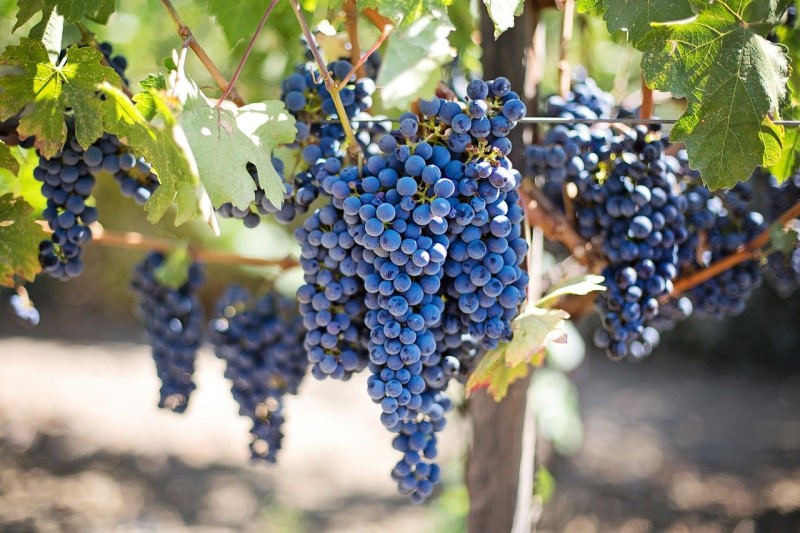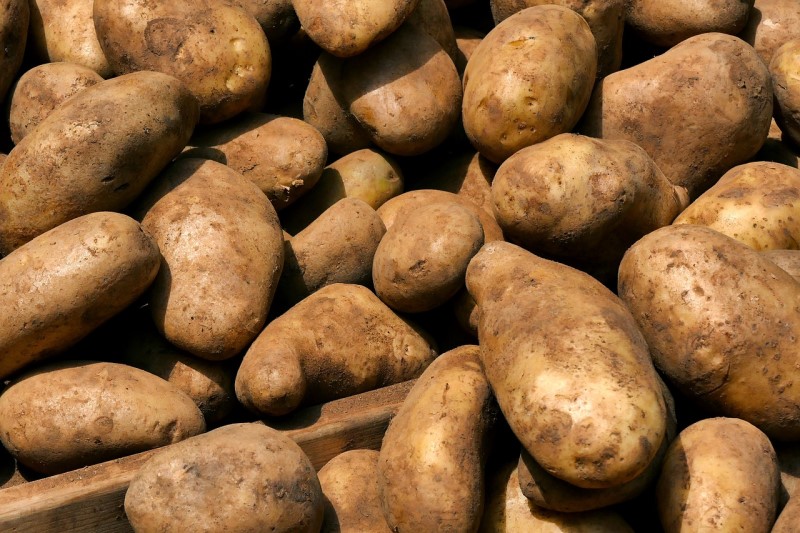The body needs compounds for better health. Often, these are found in plant foods like vegetables, whole grains, and fruits. One of the compounds that our body needs is antioxidants, which help in the prevention of oxidative damage from natural body functions and chemical exposure.
Constant intake of antioxidants helps the body fight off diseases. Furthermore, antioxidants are easy to consume as they are found in minerals, vitamins, flavonoids, carotenoids, and polyphenols. But just how many antioxidants per day should one take?
The functions of antioxidants
Our bodies need antioxidants to help fight free radical formation as a result of alcohol intake, cigarette smoking, direct sunlight exposure, metabolism, consumption of unhealthy food, and stress. Free radicals can be very damaging as they are known to cause oxidative stress, damage to our body that is a precursor to a wide range of health problems.
Our bodies’ cells consume oxygen, producing highly reactive molecules more popularly known as free radicals. The antioxidants function as the scavengers or hunters of these free radicals as they provide an electron, which acts as their neutralizer. Neutralization of free radicals repairs as well as prevents the oxidative damage.
There are plenty of well-documented health benefits of antioxidants such as increasing the cells’ antimicrobial and killer activities, boosting of the immune system, enhancement of the body’s response to infection, improvement of the lymphocyte proliferation and prevention of the usual colds.
Studies have shown that those who frequently consume food that is high in antioxidants have lower risks of developing a variety of chronic health problems such as heart disease, cancer, asthma, stroke, macular degeneration, ocular disorder, Parkinson’s and Alzheimer’s disease, diabetes, rheumatoid arthritis, and osteoporosis.
Where to get antioxidants: Some food sources
Getting antioxidants for the body is easy. One option is to eat nutrient-dense food that is high in antioxidants. The other option is to take food supplements, which are fortunately readily available on the market.
Grapes
Grapes, either red, purple, or blue, contain loads of antioxidants that can help in the prevention of heart diseases and cancer. The darker the colour of the grape, the more antioxidants it has.
Grapes have essential phytochemicals, namely, proanthocyanidin and anthocyanin, which help boost one’s immune system. Aside from antioxidants, this fruit boasts of selenium and vitamin C.

Blueberries
Blueberries are another excellent source of antioxidants as they contain plenty of minerals and vitamins that help boost the body’s immune system. Likewise, red berries, particularly strawberries and raspberries, can provide the body with a good amount of antioxidants.
The red berries boast of having ellagic acid, one of the phytochemicals that protect the body against cancer-causing agents found in the environment or a diet.

Dark vegetables
It is no secret that dark vegetables such as kale, broccoli, collard green, and spinach have various health benefits, including providing our bodies with much-needed antioxidants. Dark vegetables are nutrient-dense as they contain vitamins, A, C, and E, as well as calcium. Plus, they also boast of potassium and magnesium.
But that is not all the virtues of dark vegetables. They also contain antioxidants like kaempferol, a known phytochemical that aids in dilating blood vessels and includes cancer-fighting properties.
Vegetables like kale, leeks, and lettuce also have quercetin and lutein, which are very potent antioxidants.

Sweet potatoes
On the other hand, orange vegetables and sweet potatoes are also highly packed with phytochemicals and vitamins like Vitamins A and C.

Easy consumption of antioxidants
Eat nuts
One of the easiest ways to get antioxidants is to eat nuts. There is no tedious food preparation for nuts; they can be eaten anytime and anywhere.
Nuts have healthy fats as well as carbohydrates and proteins. Brazilian nuts have the most selenium among all nuts, while walnuts can provide the biggest dose of omega-3.
Nuts boast of having phytochemicals namely, plant sterols and resveratrol, which aid in lowering cholesterol levels.

Drink teas
Teas are more than just mere beverages as they contain two potent phytochemicals, pro anthocyanin and anthocyanin, which are great in fighting inflammation. Plus, teas also boast of having catechins, widely known antioxidants for their ability to prevent cell damage that can result in cancer formation.
Green tea is one of the teas that provide the most phytochemicals as it has the catechin epigallocatechin gallate.

How many antioxidants per day should one consume for better health
As discussed above, getting antioxidants in the body is not at all difficult. Plenty of food can easily provide our bodies with antioxidants, and some of them are easy to consume as they can be taken anytime and anywhere.
One of the most common questions people ask is how many antioxidants per day should be taken to ensure good health. Unfortunately, there are no clear answers.
Experts say that there is no recommended daily dose of antioxidants, unlike other nutrients, which can easily tell you how much is needed in one day.
Many people ask the allowable limit for taking in antioxidants for safety concerns. However, the allowable upper limit has yet to be established. There are other guidelines to follow that may help those who want to know how much the body needs.
For example, some health organizations and the United States government recommended that individuals consume at least five servings of vegetables and fruits daily, as well as six to 11 portions of grains. These portions and recommended servings may serve well those who are eager to know how much to take for better health.
Given the well-documented health benefits of doing so, people may also choose to eat plenty of antioxidant food despite the absence of any recommended or established guidelines on the upper limit.
Additionally, one may consider taking in more antioxidants by consuming highly packed food rather than relying heavily on supplements, as experts agree that eating food high in antioxidants is more potent than over-the-counter supplements.













